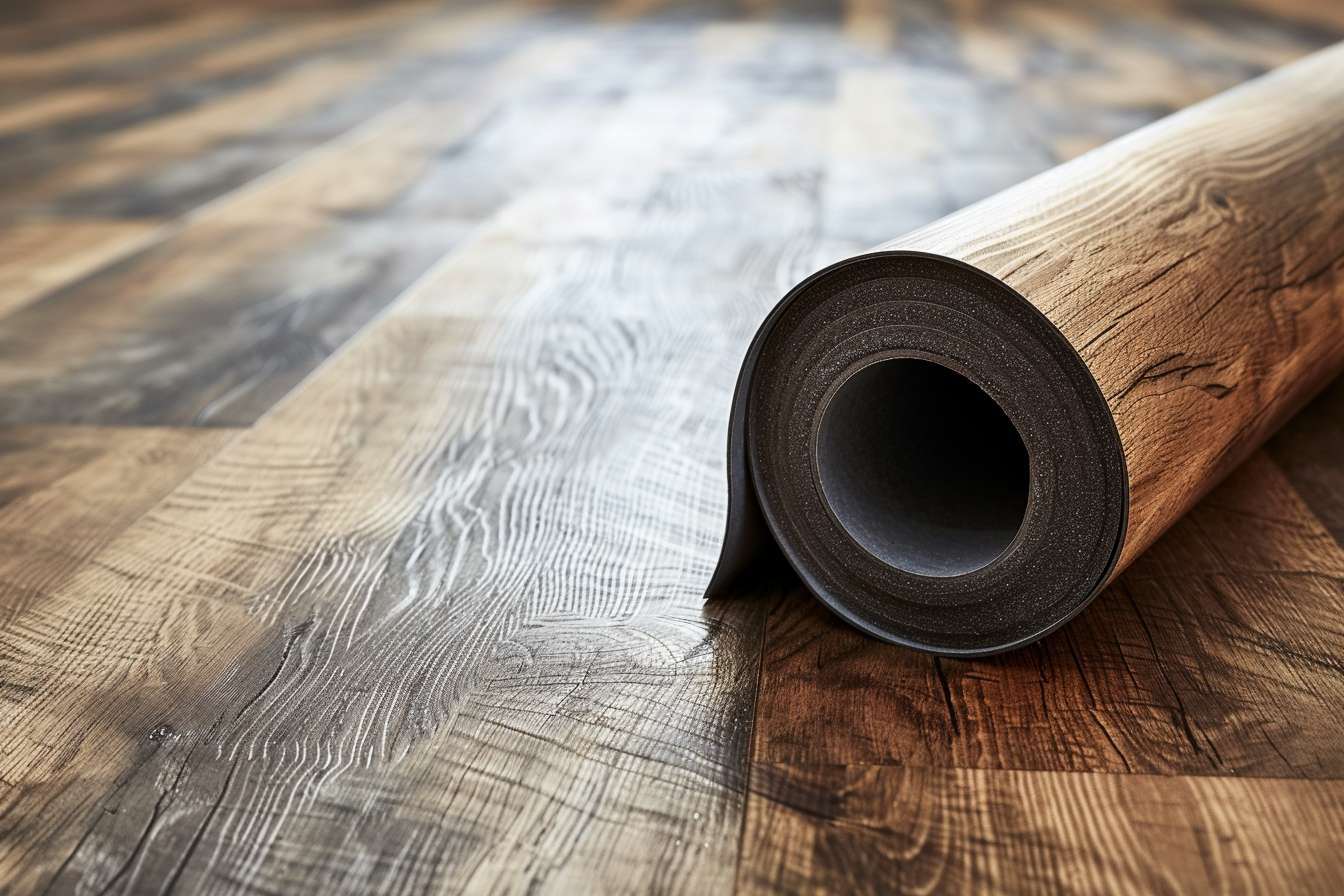Transforming Your Floors: A Comprehensive Guide to Flooring Installation
Floor installation is a critical aspect of home improvement that can dramatically enhance the aesthetics and functionality of your living space. Whether you're renovating an existing room or building a new home, choosing the right flooring and ensuring proper installation is essential for long-lasting satisfaction. This article will explore various aspects of flooring installation, with a focus on popular options like floor coatings, garage floor coatings, and concrete coatings.

What are the most popular types of flooring materials?
When it comes to flooring installation, homeowners have a wide array of materials to choose from. Some of the most popular options include hardwood, laminate, vinyl, tile, and carpet. Each of these materials has its own unique benefits and considerations. For instance, hardwood offers timeless elegance and durability but requires more maintenance, while laminate provides a similar look at a lower cost. Vinyl flooring has gained popularity due to its water resistance and easy maintenance, making it ideal for kitchens and bathrooms. Tile is another versatile option that works well in various settings, from bathrooms to outdoor spaces.
How do floor coatings differ from traditional flooring options?
Floor coatings represent a distinct category within flooring solutions. Unlike traditional flooring materials that are laid over the subfloor, coatings are applied directly to the existing surface, typically concrete. These coatings offer several advantages, including improved durability, resistance to chemicals and stains, and enhanced aesthetics. Floor coatings are particularly popular for garages, basements, and industrial spaces where durability and easy maintenance are crucial factors.
What are the benefits of garage floor coating?
Garage floor coating has become increasingly popular among homeowners looking to upgrade their garage spaces. This specialized coating offers numerous benefits:
-
Enhanced durability: Garage floor coatings protect the concrete from wear and tear caused by vehicles, heavy equipment, and foot traffic.
-
Chemical resistance: These coatings resist oil, gasoline, and other automotive fluids that can stain and damage untreated concrete.
-
Easy maintenance: Coated floors are much easier to clean and maintain compared to bare concrete.
-
Improved aesthetics: Garage floor coatings come in various colors and finishes, allowing homeowners to customize their space.
-
Increased property value: A well-maintained garage with a professional floor coating can boost your home’s overall value.
How is concrete coating applied, and what are its advantages?
Concrete coating is a multi-step process that involves preparing the surface, applying the coating, and allowing it to cure. The typical steps include:
-
Cleaning and repairing the existing concrete surface
-
Grinding or shot blasting to create a profile for better adhesion
-
Applying a primer (if required)
-
Applying the main coating layer
-
Adding decorative flakes or chips (optional)
-
Applying a clear topcoat for added protection
The advantages of concrete coating include:
-
Increased durability and longevity of the concrete surface
-
Protection against moisture, chemicals, and UV rays
-
Slip-resistance for improved safety
-
Wide range of color and texture options for customization
-
Ability to hide imperfections in the existing concrete
What are some unique insights about flooring installation in the United States?
In the United States, flooring trends and installation practices have evolved significantly over the years. One notable trend is the increasing popularity of luxury vinyl tile (LVT) and luxury vinyl plank (LVP) flooring. These materials offer the look of natural wood or stone at a fraction of the cost and with improved durability. Another interesting development is the rise of floating floor systems, which allow for easier installation and removal, making them ideal for renters or homeowners who like to change their decor frequently.
Additionally, there’s a growing emphasis on sustainable and eco-friendly flooring options. Many consumers are opting for materials like bamboo, cork, or reclaimed wood, which have a lower environmental impact compared to traditional hardwoods.
How do different concrete coating products compare in terms of quality and cost?
When it comes to concrete coating products, there are several options available in the market, each with its own set of features and price points. Here’s a comparison of some popular concrete coating products:
| Product/Service | Provider | Key Features | Cost Estimation |
|---|---|---|---|
| Epoxy Coating | Rust-Oleum | High durability, chemical resistance | $3-$7 per sq ft |
| Polyurea Coating | ArmorPoxy | Rapid curing, UV stable | $5-$9 per sq ft |
| Polyaspartic Coating | Sherwin-Williams | Fast curing, high gloss finish | $6-$10 per sq ft |
| Acrylic Concrete Sealer | Quikrete | Affordable, easy application | $0.50-$2 per sq ft |
| Hybrid Polymer Coating | Garage Force | Combines epoxy and polyurea benefits | $7-$12 per sq ft |
Prices, rates, or cost estimates mentioned in this article are based on the latest available information but may change over time. Independent research is advised before making financial decisions.
In conclusion, flooring installation is a crucial aspect of home improvement that can significantly impact the look, feel, and functionality of your space. Whether you opt for traditional flooring materials or modern coating solutions like garage floor coating or concrete coating, it’s essential to consider factors such as durability, maintenance requirements, and overall cost. By understanding the various options available and their respective benefits, you can make an informed decision that best suits your needs and preferences.




